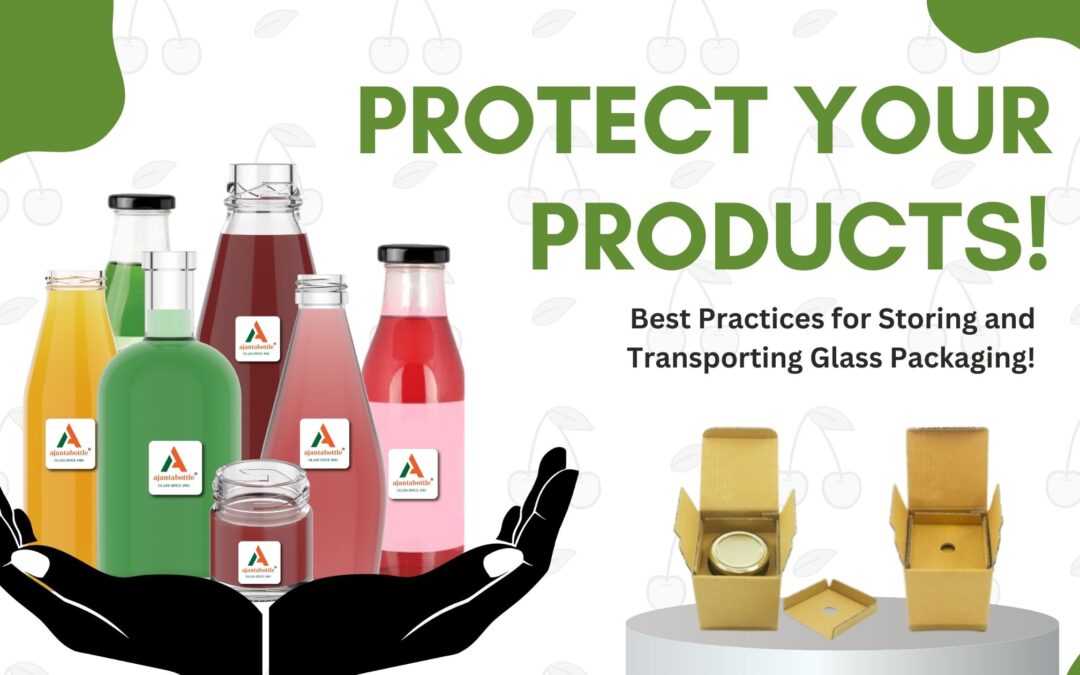Storing Glass packaging is widely done in various industries, including food and beverage, pharmaceuticals, cosmetics, and more. Glass Packaging is preferred by many businesses due to its unique properties, such as its ability to preserve the quality and freshness of the products it contains, its durability and strength, and its recyclability. Glass packaging is an eco-friendly and sustainable option that businesses can choose to demonstrate their commitment to environmental responsibility.
However, despite its benefits, glass packaging is also a delicate material that requires proper handling, storage, and transportation to prevent breakage and other forms of damage. Broken glass packaging can result in product loss, contamination, and even injuries to workers, which can negatively impact a business’s reputation and bottom line. Therefore, it is important for businesses to follow best practices for storing glass packaging and transporting to ensure that it arrives at its destination intact an
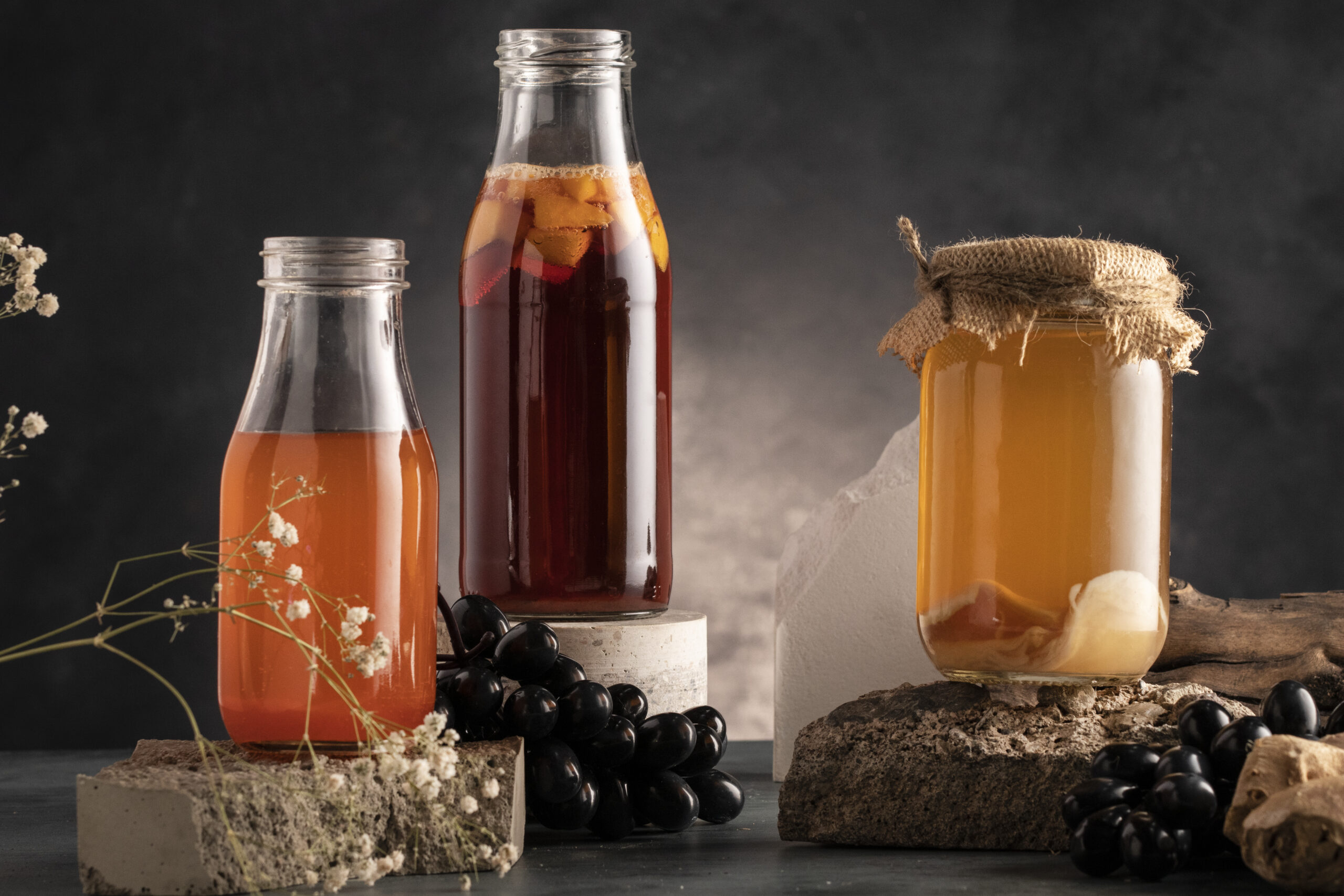
Image by Freepik
Headings:
- Understanding the Risks of Glass Packaging
- Best Practices for Storing Glass Packaging
- Best Practices for Transporting Glass Packaging
- Conclusion
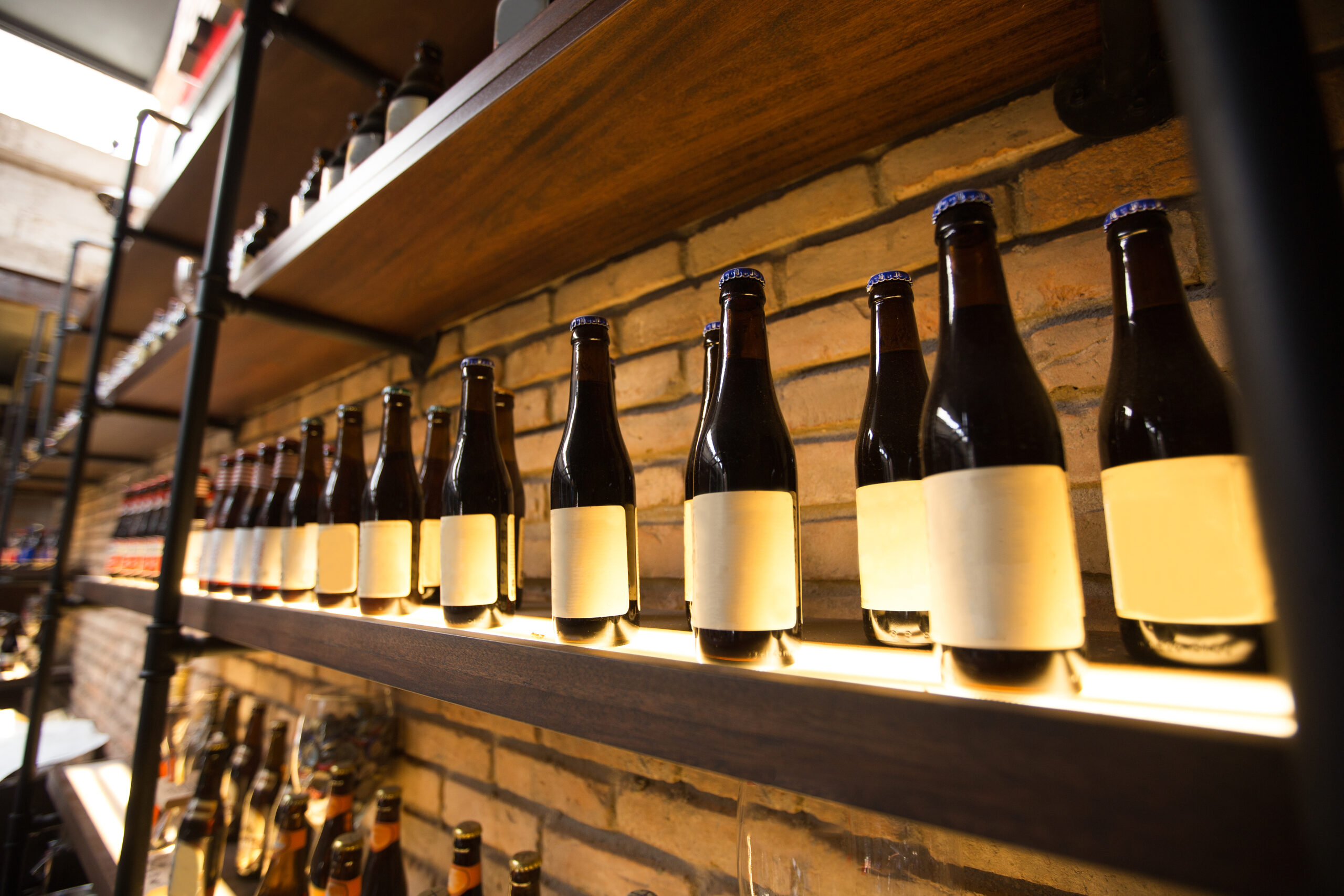
Image by katemangostar on Freepik
Understanding the Risks with Glass Packaging:
Glass packaging is widely used in various industries due to its unique properties, including its ability to preserve product quality and freshness, its durability and strength, and its recyclability. However, glass packaging is also a delicate material that requires proper handling, storage, and transportation to prevent damage, breakage, and other forms of damage.
The most common risks associated with glass packaging are breakage and cracks, which can occur during storage and transportation. Glass packaging is also susceptible to scratches, which can reduce the visibility of the product and affect its overall appearance. Scratches can also weaken the glass, making it more susceptible to breakage.
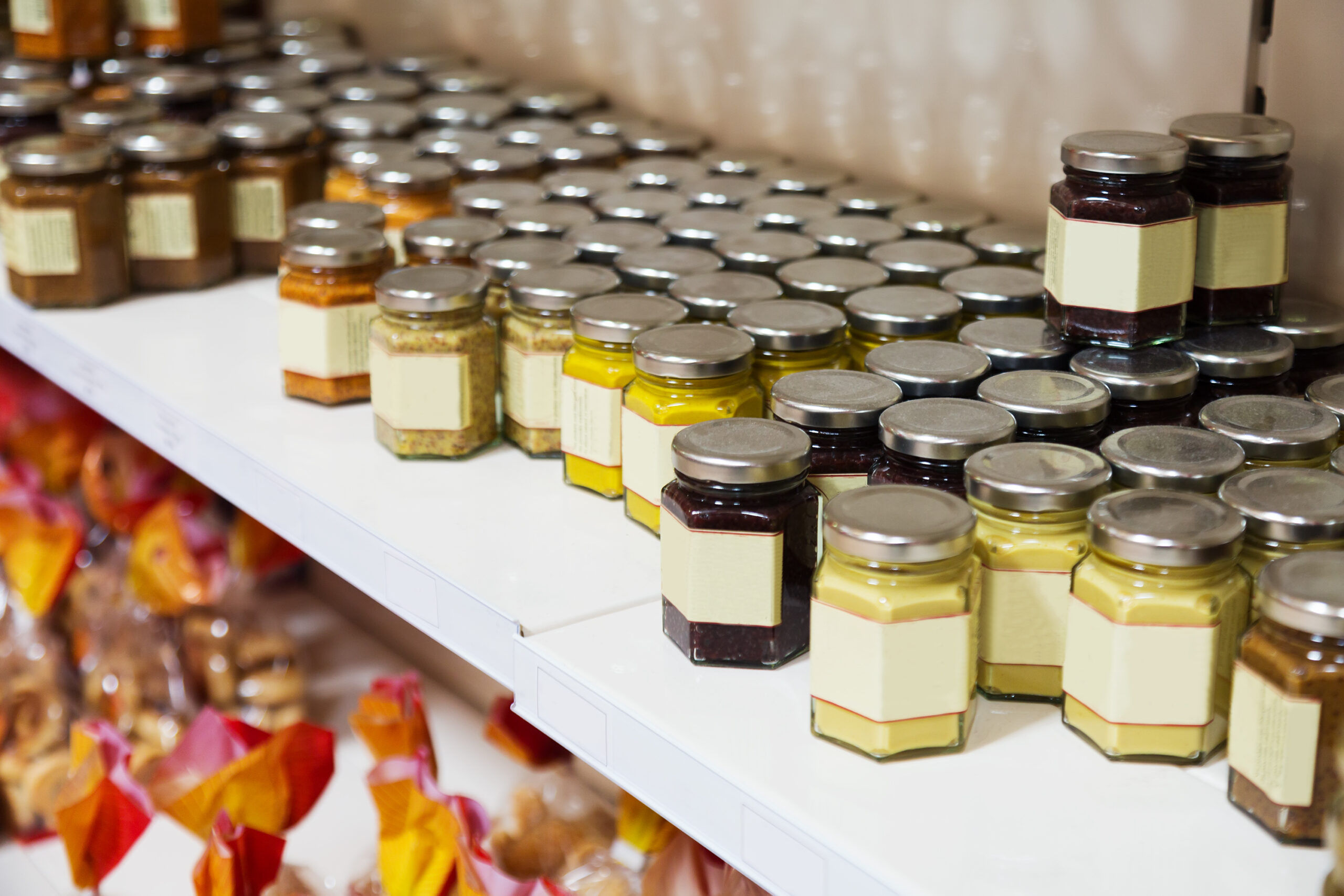
Image by bearfotos on Freepik
Therefore, it is essential to understand the risks associated with glass packaging and take the necessary precautions to prevent damage. This includes proper storage and transportation, using appropriate packaging materials, monitoring temperature and humidity levels, and implementing a first-in, first-out (FIFO) system for inventory management. By following these best practices, businesses can ensure that their glass packaging arrives at its destination intact and ready for use.
Best Practices for Storing Glass Packaging:
Properly storing glass packaging is crucial to prevent breakage and other types of damage. Here are some best practices for storing glass packaging:
- Choose a suitable storage location: Glass packaging should be stored in a dry, cool, and dark location to reduce the risk of breakage due to temperature fluctuations and light exposure.
- Use appropriate storage equipment: Storing Glass packaging should be in a clean and organised manner, using appropriate storage equipment such as shelving units, racks, or pallets. These storage equipment should have non-slip surfaces to prevent slippage of the glass packaging.
- Avoid stacking: Stacking glass packaging is not recommended as it can increase the risk of breakage. Instead, glass packaging should be stored in single layers, with sufficient space between each container.
- Label and track inventory: Each container of glass packaging should be labelled and tracked to ensure that it is stored properly and that the inventory is accurate.
- Implement a first-in, first-out (FIFO) system: In addition to labelling and tracking inventory, businesses should also implement a FIFO system for their glass packaging. This means that the oldest stock of glass packaging should be used or sold first to prevent it from becoming damaged or unusable due to prolonged storage. By implementing a FIFO system, businesses can ensure that their glass packaging is always fresh and in good condition, reducing the risk of breakage or product loss during transportation or use.
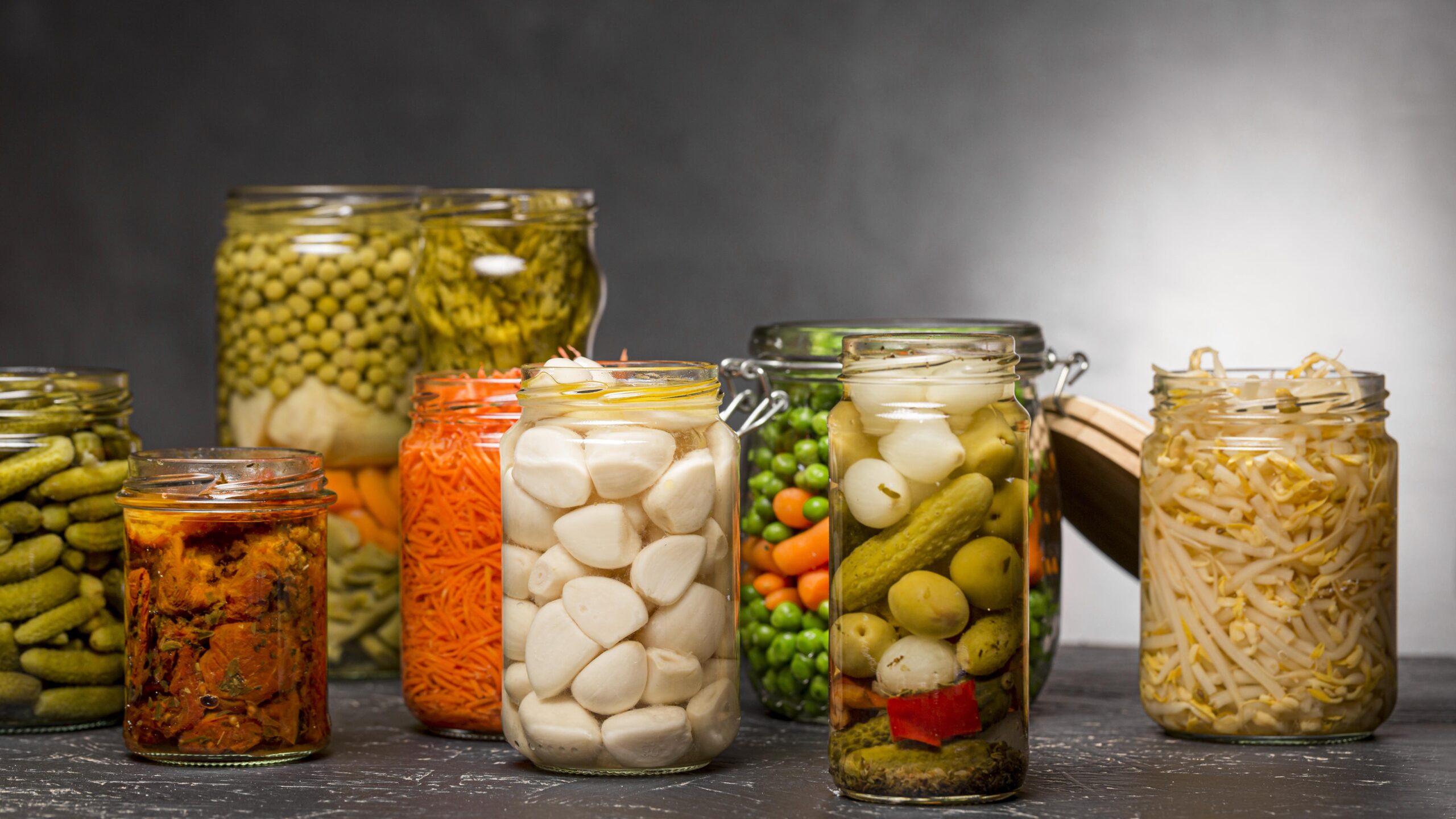
Image by Freepik
Best Practices for Transporting Glass Packaging:
Transporting glass packaging can be challenging due to the risk of breakage during loading, unloading, and transportation. Here are some best practices for transporting glass packaging:
- Use appropriate packaging materials: Glass packaging should be packaged in appropriate materials, such as bubble wrap, foam, or corrugated cardboard, to provide cushioning and prevent breakage.
- Choose appropriate transportation vehicles: The transportation vehicles used for glass packaging should be appropriate and equipped with air ride suspension, which will reduce vibrations that can lead to breakage.
- Secure glass packaging during transport: While storing glass packaging, it should be secured using straps or other suitable restraints to prevent movement during transportation.
- Monitor temperature and humidity: Temperature and humidity levels should be monitored during transportation to prevent damage due to temperature fluctuations or moisture exposure.
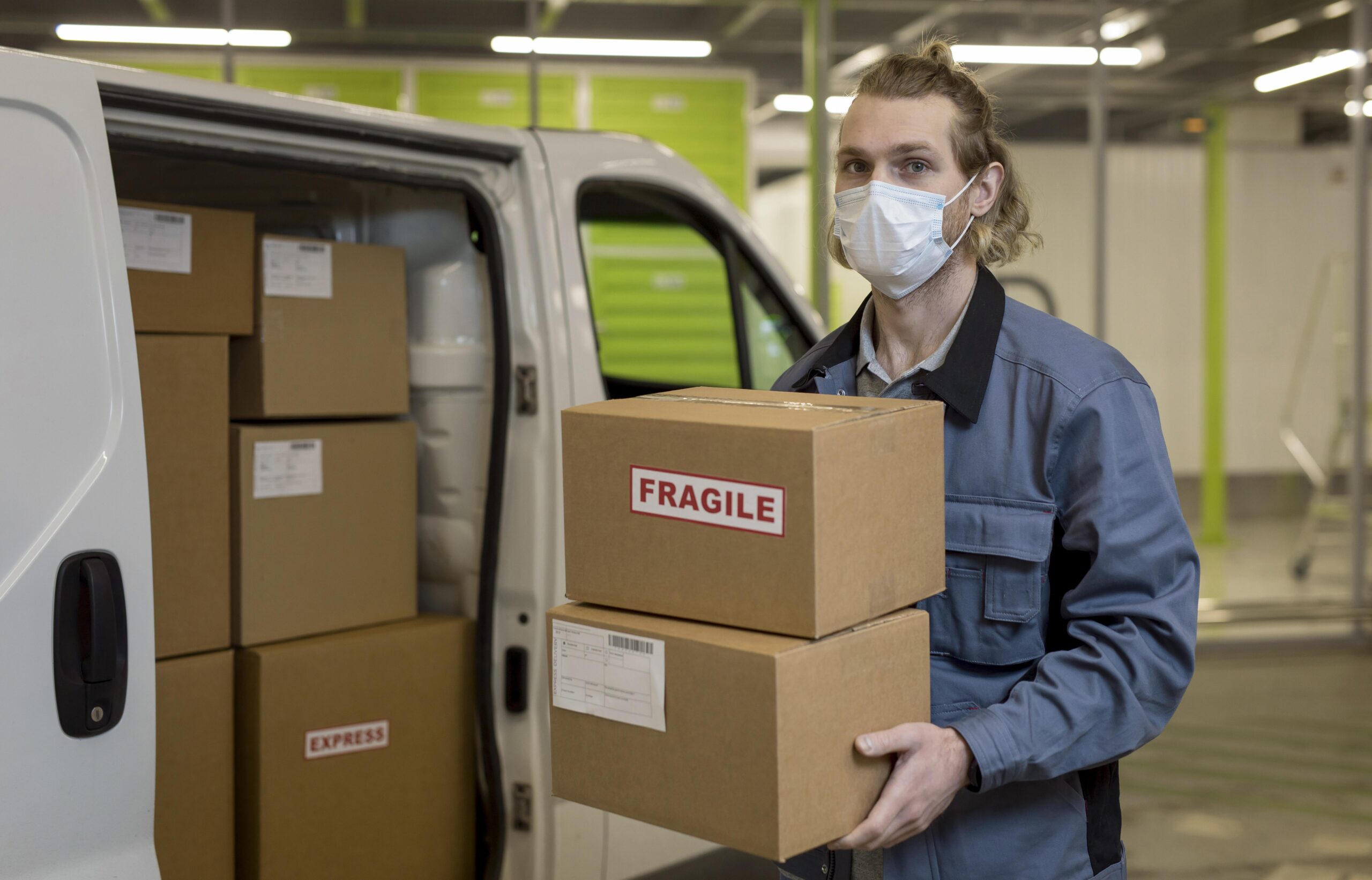
Image by Freepik
Conclusion:
In conclusion, proper storage and transportation of glass packaging is crucial to ensure that it arrives at its destination intact. The risks associated with glass packaging, such as breakage and cracks, can lead to product loss and contamination, which can affect the reputation of a business. Therefore, it is essential to follow the best practices outlined in this blog to prevent damage during storage and transportation. By choosing appropriate storage and transportation equipment, using appropriate packaging materials, and monitoring temperature and humidity levels, businesses can ensure that their glass packaging arrives at its destination intact and ready for use.
At Yantra Enterprises, we provide the best E-Commerce packaging solution. Our corrugated e-commerce boxes made of cardboard are durable as well as eco friendly. This cardboard packaging is mainly introduced because some of our customers were not able to sell their products packed in glass online due to the loss caused by breakage during transit.
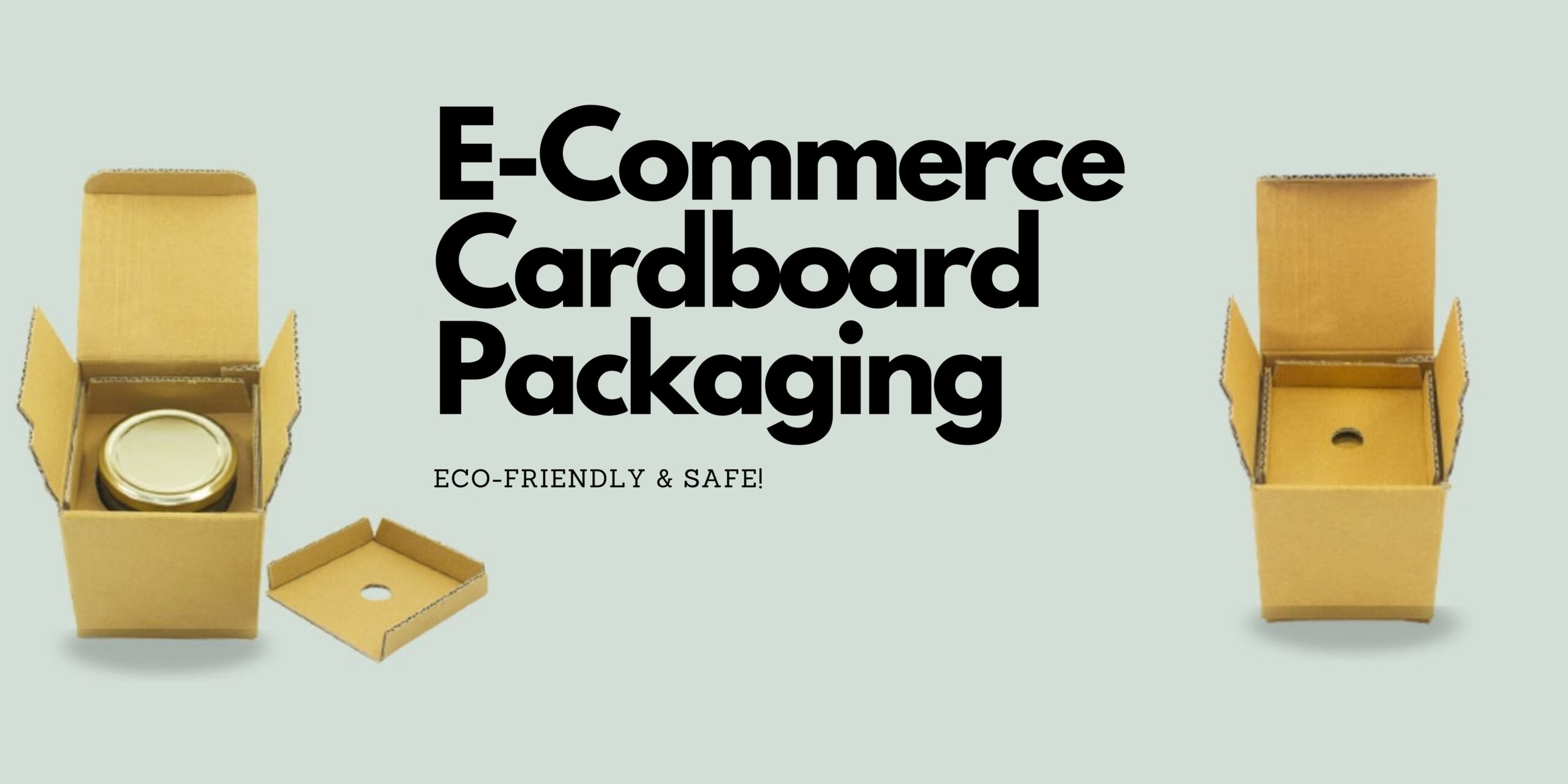
Our cardboard packaging has undergone rigorous testing to ensure it meets Amazon’s ISTA 6A standard, which includes 15 to 18 drop angles. We’re pleased to report that our packaging has passed all the tests with flying colours. Not only is our packaging strong and durable, but it’s also eco-friendly, which is a top priority for us. If you’re looking for a reliable and eco-friendly E-Commerce packaging solution for your fragile products, look no further than Yantra Enterprises. To know more, you can visit the link below and watch videos of tests done to prove the effectiveness of these E-Commerce cardboard packaging
Learn the easiest way to save fragile items from breaking – Safe and Economical E-commerce Packaging
Best E-Commerce Packaging For Glass Jars | Glass Packaging material | E-Commerce packaging Material
Need some amazing and eye-catching Glass Packaging for your Premium Products?
Our team of professionals work closely with clients to understand their specific needs and suggest the most suitable and affordable glass packaging solutions. You can reach us on LinkedIn or via email at info@yantraenterprisesecommerce.com.
If you have any queries or feedback regarding our glass packaging services, please visit our website https://yantraenterprisesecommerce.com/. For additional information on glass packaging, browse through our blog at https://www.yantraenterprisesecommerce.com/blog/ or subscribe to our latest updates on glass packaging through our social media channels,
*YouTube channel: https://www.youtube.com/c/cyprue-commerce
*LinkedIn Page: https://www.linkedin.com/company/cyprue-commerce
*Facebook Page: https://www.facebook.com/glassbottleindia
*Instagram Page: https://www.instagram.com/cyprue-commerce/
To gain more insights into glass jars and bottles, check out “Through The Glass – Past. Present. Only future”, the first-ever book on glass packaging in India written by our director, Mr. Deepanker Agarwal. You can purchase the book on Amazon at https://www.amazon.in/dp/9390757991/ref=cm_sw_r_sms_api_i_3K9513241EK3HMP4PAA8.

